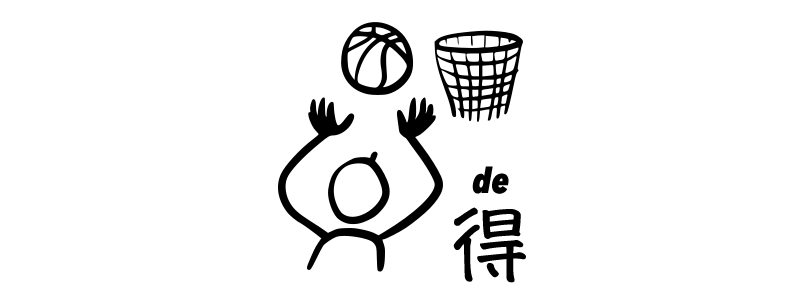In Chinese, state complement 得 de is used after a verb or adjective to show how well, how much, or to what degree something happens. It connects the action with its result, state, or manner.
Structure
V or Adj. + 得 + Description
他累得走不動了他累得走不动了
He was so tired that he couldn’t walk anymore.
孩子高興得跳了起來孩子高兴得跳了起来
The child was so happy that he jumped up.
他飽得快吐了他饱得快吐了
He was so full that he almost vomited.
那隻狗瘦得站不起來那只狗瘦得站不起来
That dog is so skinny that it can’t stand up.
爸爸氣得昏了過去爸爸气得昏了过去
Dad was so angry that he fainted.
第一次看到雪,他激動得又哭又笑第一次看到雪,他激动得又哭又笑
When he saw snow for the first time, he was so excited that he cried and laughed at the same time.
外面熱得我都不想出門外面热得我都不想出门
It’s so hot outside that I don’t even want to go out.
你中文說得很自然你中文说得很自然
You speak Chinese very naturally.


